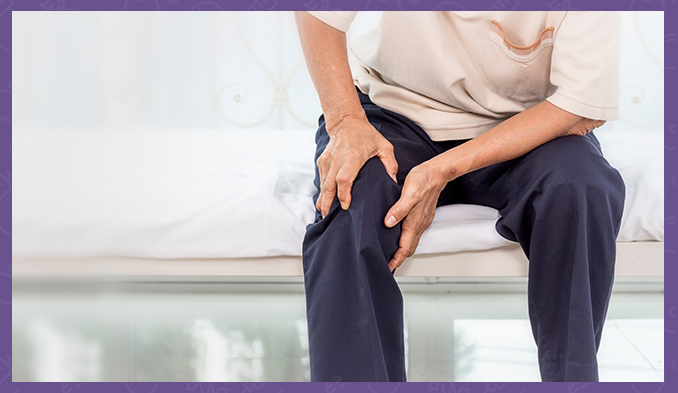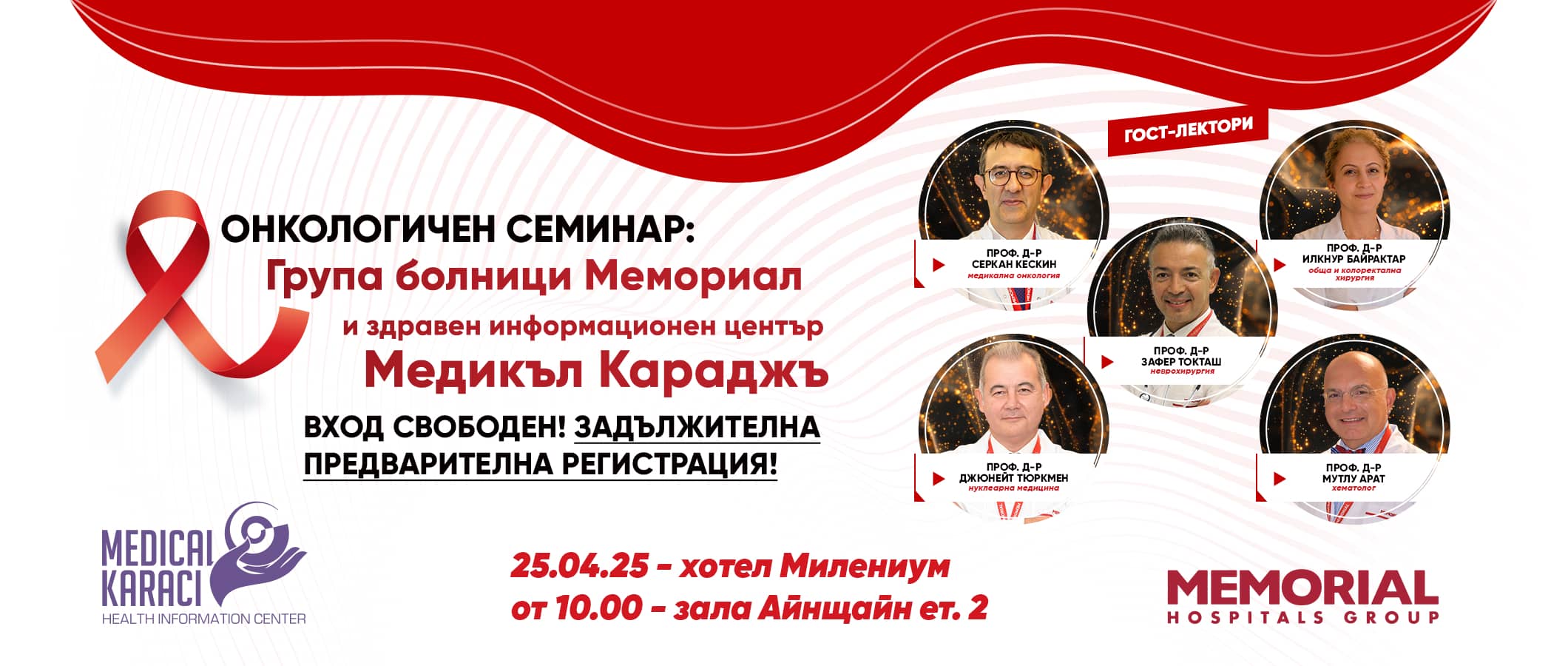What methods are used to diagnose osteoarthritis?
Duly inform your doctor about the symptoms and the extent of the pain you are experiencing, how long it lasts and whether it peaks, whether you can carry out your usual activities or whether the pain is making it difficult for you. Do you have reduced mobility and what is it?
When performing a physical examination, the following will be looked for:
- swelling around your joint, which may be a sign of excess fluid
- muscle thinning
- reduced movement in the joint
- sound when moving the joint
- swelling in the bone
- instability in the joint
- stiffness
In addition to your physical examination, there are general tests, including MRIs, that your doctor may request. These include:
- X-rays - X-ray: Like MRIs, these images are also good for detecting common features of osteoarthritis, including bony spurs, narrowing of the space between bones and possible calcium deposits.
- Blood tests - Although there is no blood test for osteoarthritis, certain blood tests can help rule out other causes of joint pain, such as rheumatoid arthritis.
- Joint fluid analysis - If there is significant swelling around the joint, the doctor may use a medical needle to withdraw the fluid (puncture) and examine the sample for possible gout, infection or inflammation associated with osteoarthritis.
Methods of treatment:
Based on the physical examination and your condition, as well as the results of the MRI, your doctor will give an appropriate treatment plan. This may include medications that can help relieve osteoarthritis symptoms and pain:
- Paracetamol - has been shown to help some people with osteoarthritis who have mild to moderate pain. Taking more than the recommended dose of acetaminophen can cause liver damage.
- Nonsteroidal anti-inflammatory drugs (NSAIDs) - over-the-counter medications, such as ibuprofen and naproxen sodium, taken in the recommended doses, usually relieve osteoarthritis pain. Stronger NSAIDs are available by prescription. NSAIDs can cause stomach upset, cardiovascular problems, bleeding problems, and liver and kidney damage. NSAIDs such as gels applied to the skin on the affected joint have fewer side effects and can also relieve pain.
- Some antidepressants are used, also approved for the treatment of chronic pain, including osteoarthritis.
Physical therapy - you may be able to manage your condition with lifestyle changes, including activity modifications, weight reduction and ice use if necessary. The physical therapist will show you exercises to strengthen the muscles around the joint, increase flexibility and reduce pain. Regular and gentle exercise that you do on your own, such as swimming or walking, can be equally effective.
If conservative treatment does not help, you may consider procedures such as:
- Cortisone injections - injections of corticosteroid medicines can relieve pain in your joint. During this procedure, your doctor numbs the area around the joint, then inserts a needle into the space in the joint and injects medicine. The number of cortisone injections you can receive each year is usually limited to three or four injections, as the medication can backfire if overdosed.
- Hyaluronic acid injections - may offer pain relief by providing some cushion in the knee, although some studies suggest that these injections offer no more relief than placebo. Hyaluronic acid is similar to a component normally found in your joint fluid.
- Bone surface alignment - osteotomy - if osteoarthritis has damaged one side of your knee joint more than the other, an osteotomy may be helpful. In a knee osteotomy, the surgeon cuts the bone above or below the knee and then removes or adds an anatomically modeled piece of bone. This shifts body weight away from the worn part of the knee.
- Joint replacement - joint replacement surgery (arthroplasty) - Your surgeon removes your damaged joint surfaces and replaces them with plastic or metal parts. Artificial joints can wear out or become loose and may eventually need to be replaced. The prosthesis is designed to replicate the motion of a normal, healthy joint.
For more information, we at Medical Karaj are at your service.
Call us on the following numbers "Medical Karaj": 0879 977 401 or 0879 977 402.
Also keep an eye on our constantly updated Facebook content.









